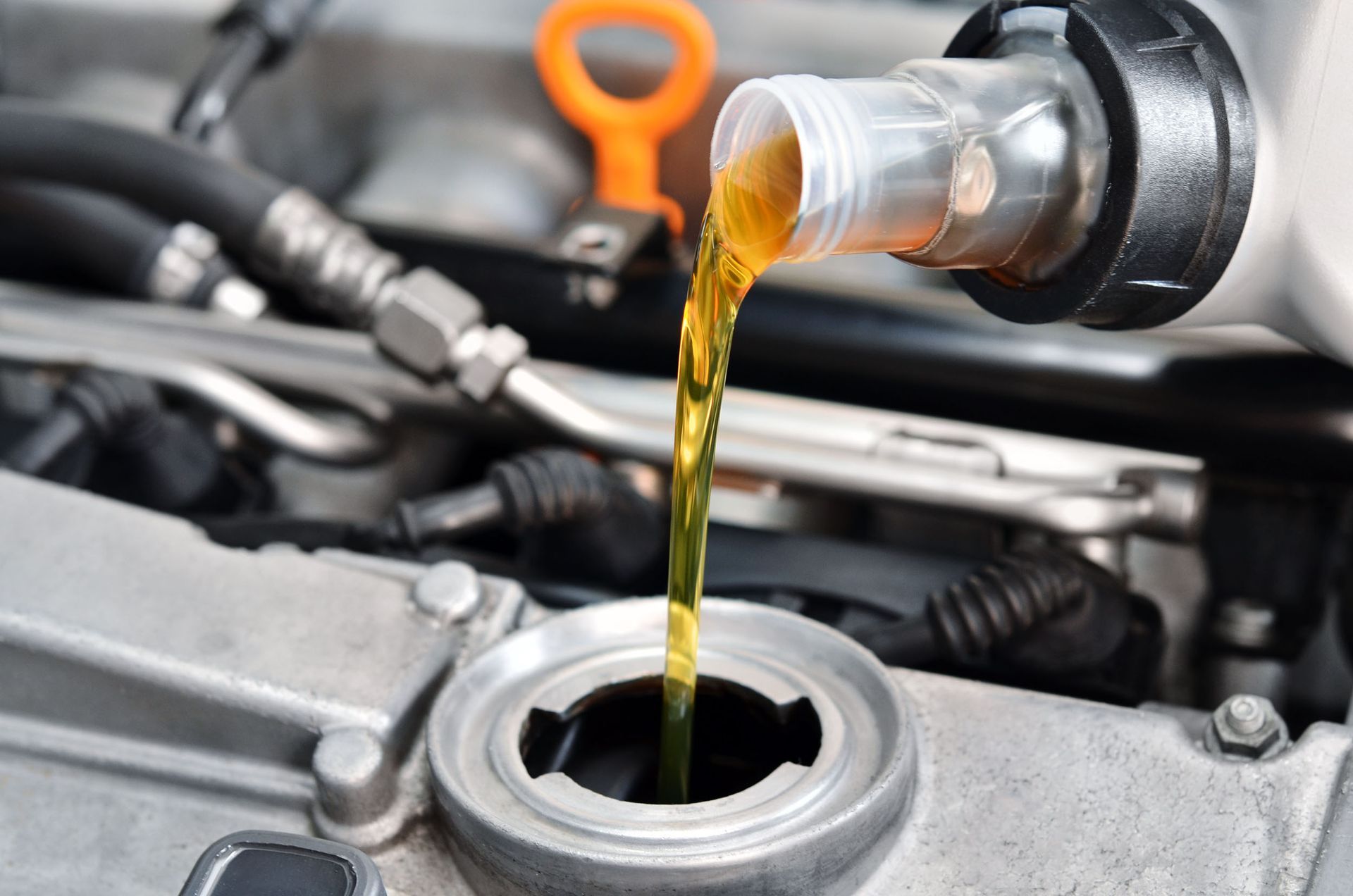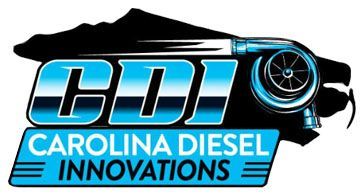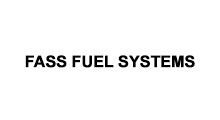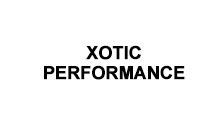September 15, 2025
Engines are the driving force behind transportation, logistics, and construction, and their performance has a direct effect on efficiency and profitability. That’s why the skills and knowledge of diesel mechanics are vital for keeping heavy-duty equipment and vehicles running at peak condition. These specialists don’t just make repairs; they actively optimize engines for better fuel economy, greater power, and longer lifespans. This article highlights the most important ways mechanics help engines deliver more for businesses and operators.
Diagnostics
Diagnostics form the foundation of performance improvements. Modern engines are complex, with countless moving parts and electronic systems that must work in harmony. Skilled diesel mechanics use advanced scanning tools, sensor readings, and visual inspections to identify small problems before they cause major breakdowns. By spotting issues early, they keep engines running smoothly and prevent costly downtime.
Diagnostics are also a tool for prevention, not just repair. Regular checkups allow mechanics to track performance metrics like fuel pressure or exhaust temperature and adjust them as needed. Early detection of minor issues can prevent costly repairs and extend engine lifespan. This proactive attention ensures reliability even in demanding conditions. Ultimately, diagnostics give owners confidence that their engines are operating at maximum efficiency.
Maintenance
Routine maintenance is essential for protecting performance. Tasks like oil changes and filter replacements can reduce friction and extend the life of critical components. Without these steps, engines wear down faster and become less efficient over time. Regular maintenance also helps identify small problems before they escalate, saving time and repair costs. By following maintenance plans, mechanics help equipment deliver consistent power and avoid sudden breakdowns.
Care also extends to parts that might otherwise go unnoticed. Belts, hoses, and cooling systems must all be inspected regularly to prevent small issues from becoming major failures. Addressing these often-overlooked components ensures the engine runs smoothly and avoids unexpected downtime. Mechanics who address these areas protect businesses from expensive repair costs and lost time. Consistent maintenance translates directly into better reliability, lower expenses, and longer service life.
Fuel Systems
The fuel system is one of the most important areas affecting engine performance. Injectors, pumps, and lines must deliver precise amounts of fuel at the right pressure for efficient combustion. Over time, deposits and wear reduce effectiveness, leading to sluggish operation and poor fuel economy. Proper fuel system care also ensures smoother engine response and more consistent power output under heavy loads. Skilled diesel mechanics clean and calibrate these parts so engines return to optimal condition.
Improved fuel systems don’t just deliver power; they also reduce emissions. Clean injectors allow for more complete combustion, which means less fuel is wasted and fewer pollutants are released. This balance between performance and sustainability is a major benefit for modern fleets. Businesses that invest in fuel system care see lower operating costs and longer-lasting parts.
Turbochargers
Turbochargers provide extra power without dramatically increasing engine size or fuel use. By forcing more air into the combustion chamber, they raise horsepower and torque. However, turbos face stress from heat and buildup, making them vulnerable to wear. Regular inspection and maintenance help prevent costly failures and maintain consistent engine efficiency. Mechanics maintain and repair these systems to ensure engines continue to deliver reliable boosts in performance.
When tuned properly, turbochargers can transform how an engine runs. Engines accelerate faster, handle heavy loads more easily, and maintain strength over longer hauls. Well-maintained turbos also contribute to improved fuel efficiency and reduced engine stress. Diesel mechanics have the training to balance airflow, check lubrication, and spot early signs of wear. Their work keeps turbochargers efficient and engines performing at their best.
Exhaust Systems
Exhaust systems influence both power and efficiency. By reducing back pressure, mechanics help engines breathe better, increasing horsepower while using less fuel. Regular checks of filters and mufflers prevent restrictions that can limit performance. Proper exhaust maintenance also helps extend the lifespan of engine components by reducing heat and stress. A well-maintained exhaust system improves not only output but also operator comfort with quieter operation.
Exhaust care also ensures compliance with environmental standards. Mechanics make sure emissions control devices are functioning as intended, reducing harmful pollutants. Properly maintained exhaust systems can also improve fuel efficiency and overall engine performance. This protects businesses from fines and supports cleaner operations without sacrificing strength. Balancing performance with compliance is one of the most valuable contributions mechanics make.
Electronics
Modern diesel engines rely heavily on electronic systems. Control modules and sensors manage timing, throttle response, and other key functions that directly affect efficiency. When these systems are calibrated correctly, engines achieve an ideal mix of power and economy. Accurate electronic management also helps prevent unnecessary wear on mechanical components, extending overall engine life. Skilled diesel mechanics can program and adjust electronics to match performance goals.
Electronics also give mechanics data for continual improvement. Sensors provide real-time feedback, allowing for precise adjustments instead of guesswork. This data helps identify small inefficiencies that, once corrected, can significantly improve fuel economy and performance. As technology advances, understanding these systems becomes even more important. Mechanics who master electronic controls keep engines aligned with the demands of modern industries.
Cooling Systems
Temperature control is essential to performance. Overheating can damage pistons and gaskets, while running too cool reduces combustion efficiency. Cooling systems, including radiators, pumps, and thermostats, must be inspected and maintained to prevent failure. Properly functioning cooling systems also help engines operate more efficiently, conserving fuel and reducing wear on other components. Mechanics ensure these systems stay reliable under even the heaviest workloads.
Preventive care in this area extends engine life and saves money. By flushing systems, replacing hoses, and monitoring coolant flow, mechanics reduce the risk of sudden breakdowns. Regular inspections also help identify minor issues before they escalate into costly repairs. This consistent attention allows fleets to operate with confidence in demanding environments. Engines maintained at proper temperatures remain powerful, efficient, and dependable.
Efficiency
Efficiency brings all these improvements together. When every system is working properly, engines produce more power with less fuel, saving money for businesses operating fleets. Well-tuned engines also experience fewer breakdowns, reducing downtime and keeping operations moving. This holistic approach ensures that every component, from fuel systems to electronics, contributes to optimal engine output. The combined effect is stronger performance and lower operating costs.
According to Focus on Industry Insider, diesel engines generally deliver between 20% and 30% greater fuel efficiency than gasoline models on average. With proper care, this natural advantage is further amplified. By relying on diesel mechanics, operators maximize fuel savings while extending the lifespan of their equipment. Efficiency becomes both a financial and operational benefit for businesses that prioritize expert service.
From diagnostics to efficiency, the performance of every engine system is enhanced by the expertise of diesel mechanics. Their knowledge allows businesses to avoid costly breakdowns, reduce fuel expenses, and keep equipment running at its best. The result is greater reliability, extended engine life, and stronger returns on investment. Diesel mechanics provide the specialized care that ensures engines remain powerful and dependable in every application.
Ready to get the most out of your engine? The experts at Carolina Diesel Innovations specialize in delivering top-notch care and performance improvements for diesel systems. Contact us today to schedule your service and experience the difference professional support can make.











